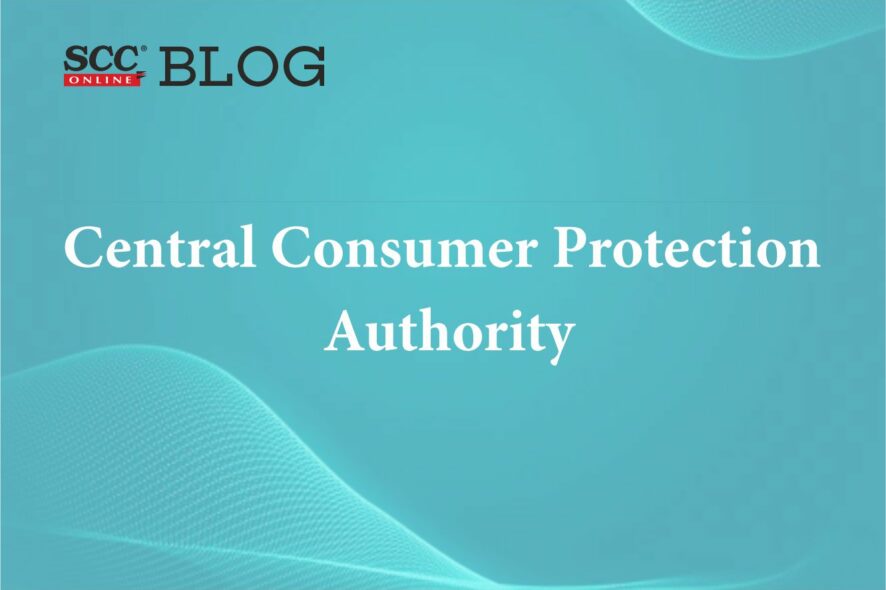The Central Consumer Protection Authority has issued Guidelines for Prevention of Misleading Advertisements and Endorsements for Misleading Advertisements, 2022 to provide for the prevention of false or misleading advertisements and making endorsements. They are applicable to all advertisements regardless of form, format or medium; a manufacturer, service provider or trader whose goods, product or service is the subject of an advertisement, or to an advertising agency or endorser whose service is availed for the advertisement of such goods, product or service.
Key points:
- Conditions for non-misleading and valid advertisement: An advertisement shall be considered to be valid and not misleading, if it contains truthful and honest representation; does not mislead consumers by exaggerating the accuracy, scientific validity or practical usefulness or capability or performance or service of the goods or product; does not present rights conferred on consumers by any law as a distinctive feature of advertiser’s offer; does not suggest that the claims made in such advertisement are universally accepted if there is a significant division of informed or scientific opinion pertaining to such claims; does not mislead about the nature or extent of the risk to consumers’ personal security, or that of their family if they fail to purchase the advertised goods, product or service; ensures that the claims that have not been independently substantiated but are based merely on the
content of a publication do not mislead consumers;
- Bait Advertisement: A bait advertisement shall not seek to entice consumers to purchase goods, products or services without a reasonable prospect of selling such advertised goods, products or services at the price offered and the advertiser shall ensure that there is adequate supply of goods, products or services to meet foreseeable demand generated by such advertisement.
- Prohibition of surrogate advertising. — No surrogate advertisement or indirect advertisement shall be made for goods or services whose advertising is otherwise prohibited or restricted by law, by circumventing such prohibition or restriction and portraying it to be an advertisement for other goods or services, the advertising of which is not prohibited or restricted by law.
- Free claims advertisements: A free claims advertisement shall not describe any goods, product or service to be ‘free’, ‘without charge’ or use such other terms if the consumer has to pay anything other than the unavoidable cost of responding to such advertisement and collecting or paying for the delivery of such item; or make clear the extent of commitment that a consumer shall make to take advantage of a free offer.
- Children targeted advertisements: An advertisement that addresses or targets or uses children shall not condone, encourage, inspire or unreasonably emulate behaviour that could be dangerous for children or take advantage of children’s inexperience, credulity or sense of loyalty.






